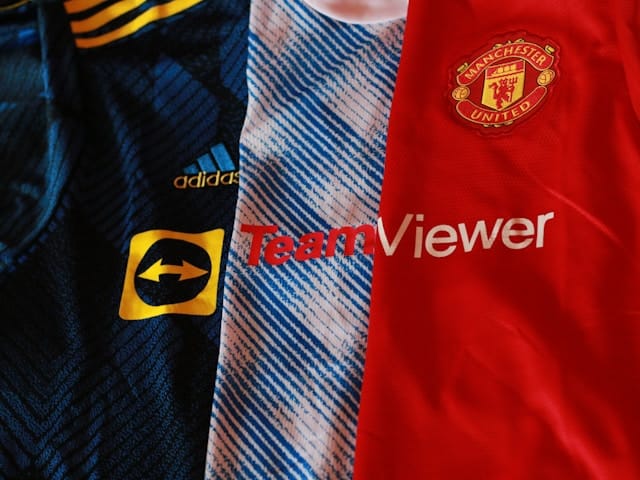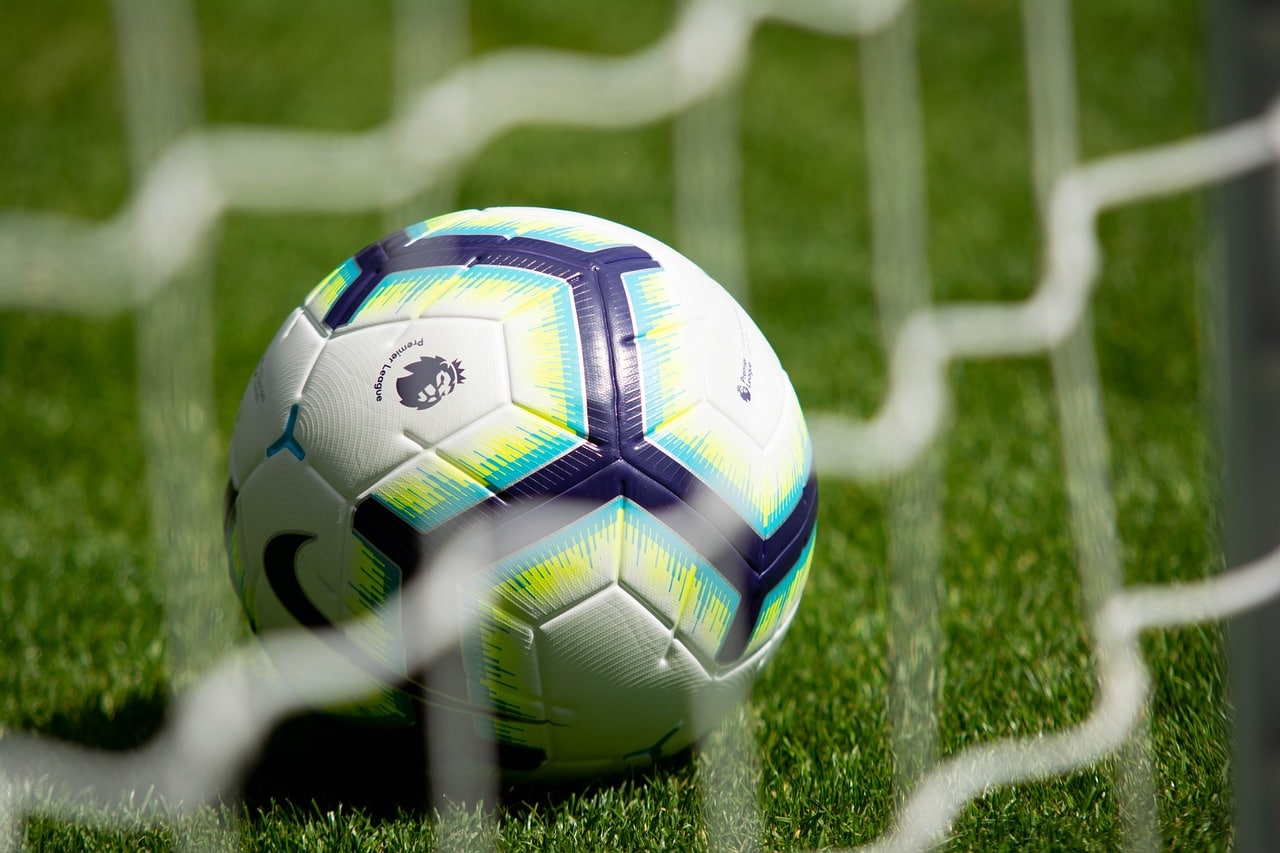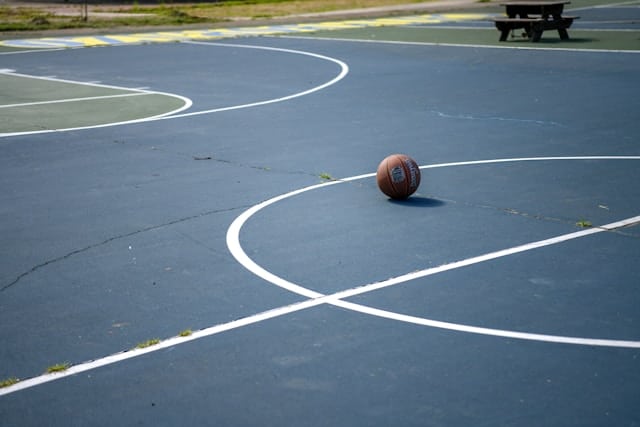The sports world is one of the most affected by the COVID-19 pandemic with many major sports all over the world coming to a complete halt. Even after many leagues returned it was clear that the “new normal” will have a significant effect on the entire sports world. With the pandemic throwing many sporting calendars and seasons in chaos, the makeshift calendars proved detrimental to viewership numbers. According to data presented by Safe Betting Sites, the 2020 NBA Finals recorded a 50% drop in viewership compared to the 2019 Finals.
COVID-19 Positive Tests Suspended NBA Season “Until Further Notice”
On March 11, 2020, The Utah Jazz were scheduled to play the Oklahoma City Thunder despite the threat of COVID-19 already rising in other parts of the world. This was until The Jazz’s star centre Rudy Gobert of France tested positive for the virus. This prompted the league to cancel the game merely minutes from tip-off. The league subsequently suspended the remainder of the 2019-2020 season until further notice.
In June it was then announced that the season will be restarted on July 31st with an improvised schedule taking in consideration teams current position on the standings when play was suspended. It was agreed that seeding games would be played for all teams that finished within six games of a playoff spot when play was halted.
Season Restarted Under “Bubble Conditions”
As part of the plans for a restart, the NBA instituted a strict medical protocol leading up to the restart as well as during the entire playoffs were played. The games were played in controlled venues within Walt Disney World’s ESPN Wide World of Sports Complex in Orlando, Florida which was popularly referred to as “the bubble.” The entire playoffs were played in the bubble with no physical fans in attendance. Many players likened the experience to their days as AAU players before their NBA careers.
The 2020 NBA Finals pitted the Eastern Conference Champions Miami Heat against the Western Conference Champions, LA Lakers. The finals are traditionally played sometime in June but the pandemic forced an almost 4-month delay with Game 1 played on September 30. This delay, as well as the unique atmosphere the bubble brought, were a clear contributor to the significant decline in viewership numbers.
Tumultuous Time In Us History Leads To Decrease In Ratings
The 2020 NBA finals saw an average viewership of 7.5 million viewers. This is a 51% drop compared to the 2019 Finals which recorded an average of 15.14 million viewers. It is also the lowest number of average viewers of any Finals in the last two decades. Expectedly, the 2020 Finals also saw the lowest TV ratings in the last two decades with a rating of 4 compared to 8.8 in 2019.
At around the time of the improvised Playoffs, the US was going through a tumultuous time in its history in several aspects that also contributed to the decrease in viewers. The COVID-19 pandemic was still ravaging through several states which completely altered many people’s daily routine.The pandemic also meant that sports bars and other venues such as casinos were unavailable and thus the Finals reached far fewer people than in previous years.
The delay in the playoffs also meant that the Finals were staged closer to the critical November 2020 US Presidential elections which meant that people’s focus were dramatically shifted. This combined with the pandemic meant more people were tuning in to news programs rather than sporting events.
Significantly, before and during the NBA’s restart the Black Lives Matter movement was also in full swing as cities around the US protested the infamous death of George Floyd in the hands of police. Another shooting of an African-American man in the city of Milwaukee prompted the Milwaukee Bucks to boycott their playoff game against the Orlando Magic and refused to take to the court.
After discussions were held NBA players agreed to play on deciding instead to use their platform to bring awareness to social justice causes. This included wearing NBA jerseys with social justice messages chosen by the player. While the move was commended by many, the polarizing nature of the issue meant that the NBA inevitably lost some viewers who held opposing views.







